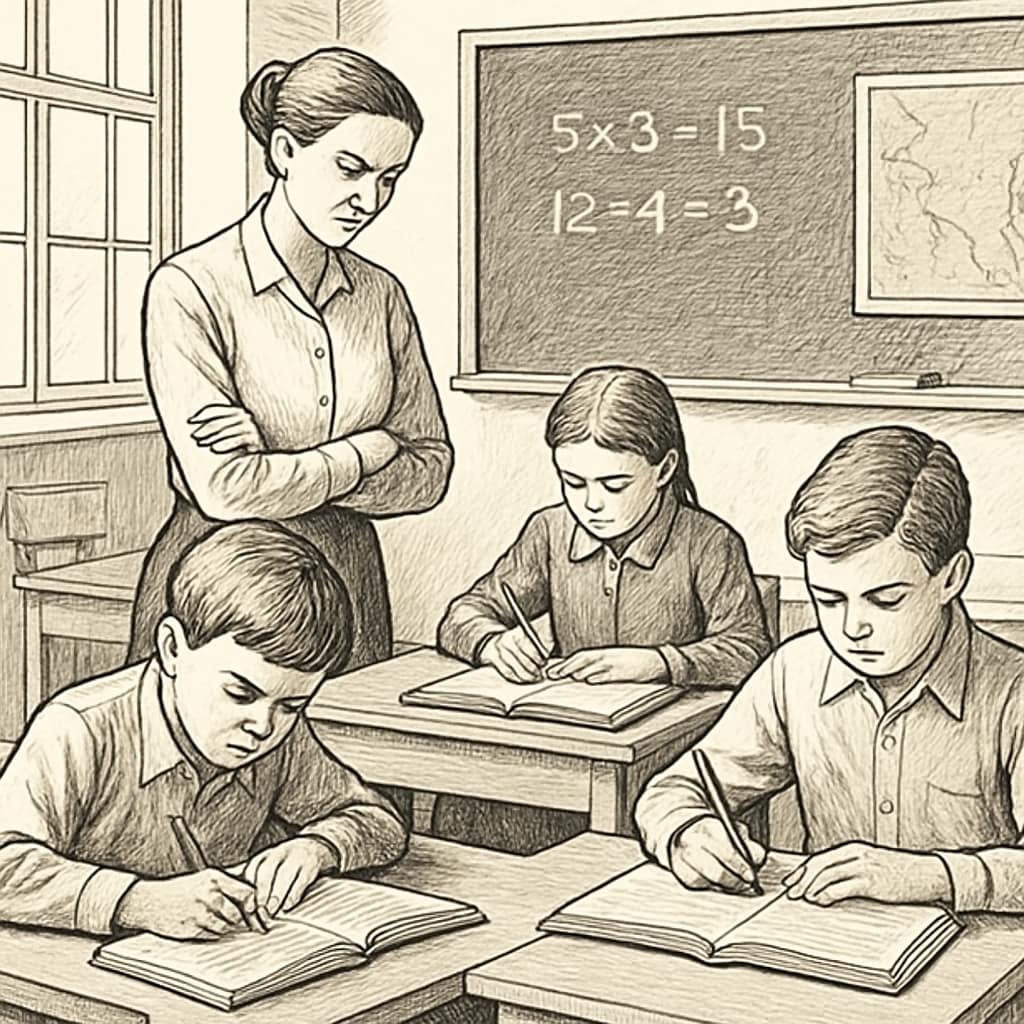The pursuit of excellence in education often involves a delicate balance between rigorous education methods and compassionate care for students. The movie “Whiplash,” which showcases the immense pressure placed on a young musician by his demanding teacher, raises critical questions about whether extreme pressure is a necessary path to greatness or an ethical breach. This article examines the ethical dilemma of extreme pressure in K12 education, exploring its impact on student well-being and the need for a balanced approach to fostering excellence.
Can Extreme Pressure Lead to Excellence?
Rigorous education methods, often involving high expectations and intense pressure, are believed by some to be essential for unlocking a student’s full potential. For example, in “Whiplash,” the teacher employs borderline abusive tactics to push his student to achieve extraordinary levels of performance. While the results may be impressive, the emotional and psychological toll raises important ethical questions about this approach. Can extreme pressure truly be justified if it leads to exceptional achievement? Or does it risk causing irreparable harm?

Research supports the idea that motivation and discipline are key factors in academic success (Educational psychology on Wikipedia). However, studies also warn against the adverse effects of excessive stress, which can lead to anxiety, burnout, and diminished mental health (Stress effects on Britannica). Striking a balance between challenge and support is essential for sustainable learning and development.
The Ethical Dilemma in K12 Education
One of the significant ethical dilemmas in K12 education lies in determining the boundary between constructive pressure and harmful stress. Teachers are often faced with the challenge of motivating students to strive for their best without crossing into territory that compromises their emotional or mental well-being. In addition, cultural differences in educational philosophy can further complicate this balance. For example, some societies emphasize discipline and competitiveness, while others prioritize emotional support and holistic development.

To address this dilemma, educators must adopt practices that respect students’ individual needs while encouraging growth. For instance, incorporating positive reinforcement alongside constructive criticism can help students build resilience without feeling overwhelmed. Moreover, fostering open communication allows students to express their concerns, enabling teachers to adjust their methods accordingly.
Striking a Balance: Recommendations for Educators and Parents
Achieving a balance between rigorous education methods and compassionate care requires collaboration between educators, parents, and students. Below are key recommendations:
- Set realistic expectations: While challenging students is important, goals should be attainable and personalized to their abilities.
- Focus on holistic development: Prioritize not only academic success but also emotional and social growth.
- Encourage self-reflection: Help students understand their strengths and areas for improvement without undue pressure.
- Maintain open communication: Create a safe environment for students to share their concerns and receive support.
Educators and parents must also stay informed about the potential impacts of extreme pressure, recognizing when intervention is necessary to protect a student’s well-being.
As K12 education continues to evolve, the importance of balancing rigorous methods with compassionate care cannot be overstated. By addressing the ethical dilemmas posed by extreme pressure, educators and parents can contribute to creating an environment where students thrive academically and emotionally, paving the way for sustainable excellence.
Readability guidance: Short paragraphs, clear headers, and actionable recommendations ensure accessibility. Transitions and examples enhance flow while keeping technical terms understandable.


